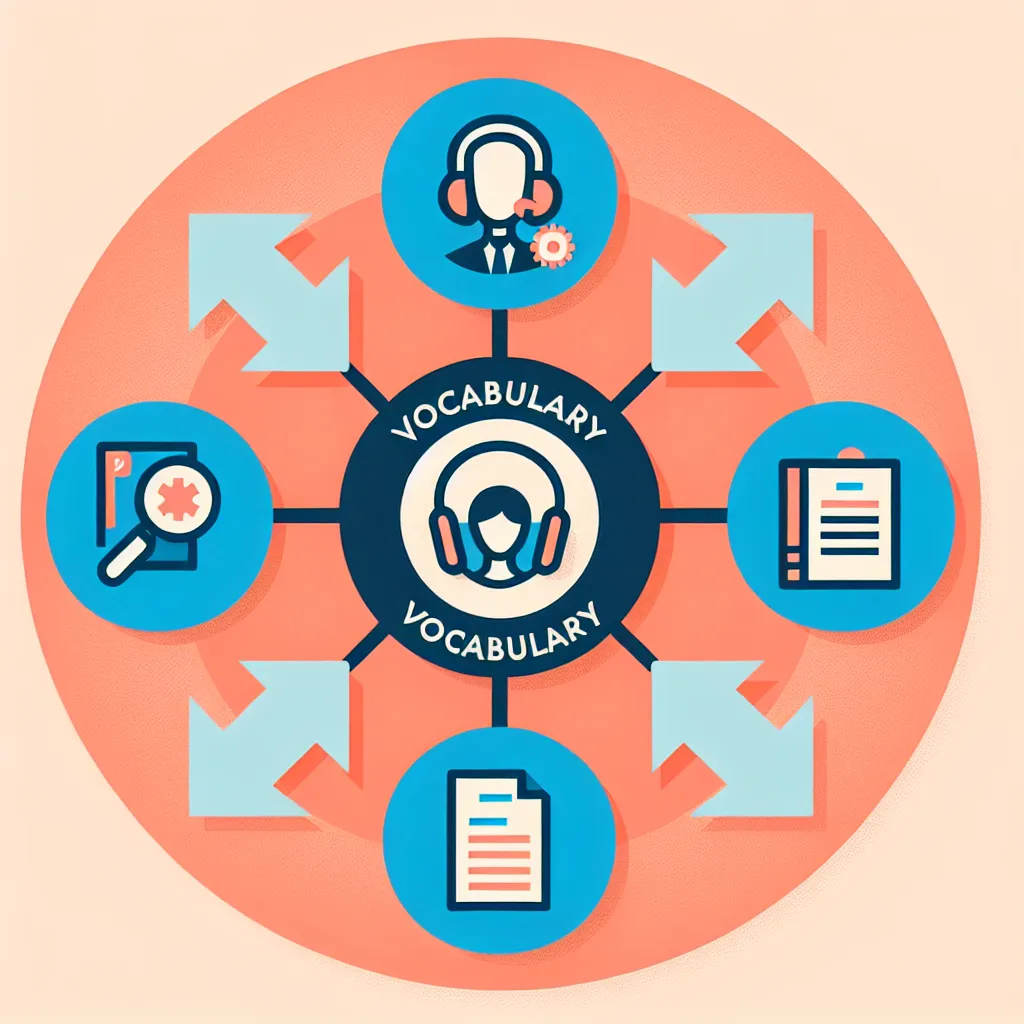Are you preparing for the IELTS exam and looking to enhance your vocabulary? You’re in the right place! As an experienced IELTS instructor and content creator for LearnEnglish.NET, I’m here to guide you through the best IELTS vocabulary books that will help you ace the exam. In this comprehensive guide, we’ll explore top-notch resources to expand your lexical range and improve your overall IELTS performance.
Why IELTS Vocabulary Books are Essential
Before we dive into the best IELTS vocabulary books, let’s understand why they are crucial for your exam preparation. A strong vocabulary is the backbone of effective communication in English, and it plays a vital role in all four sections of the IELTS test: Listening, Reading, Writing, and Speaking.
 IELTS Vocabulary Importance
IELTS Vocabulary Importance
Here’s why focusing on vocabulary is essential:
- Improved comprehension: A rich vocabulary helps you understand complex texts and audio materials more easily.
- Enhanced expression: It allows you to articulate your ideas more precisely in speaking and writing tasks.
- Better scores: Examiners assess your lexical resource as part of the marking criteria, directly impacting your band score.
- Increased confidence: Knowing a wide range of words boosts your confidence across all test sections.
Now that we’ve established the importance of vocabulary, let’s explore the best IELTS vocabulary books to help you on your journey to exam success.
Top IELTS Vocabulary Books
1. “IELTS Vocabulary Booster” by Aidan Higgins
This comprehensive guide is a favorite among IELTS candidates for its practical approach to vocabulary building. Here’s why it stands out:
- Covers over 1000 words and phrases frequently used in the IELTS exam
- Organizes vocabulary by common IELTS topics
- Includes example sentences and collocations for each word
- Provides practice exercises to reinforce learning
2. “Check Your English Vocabulary for IELTS” by Rawdon Wyatt
This workbook is an excellent resource for self-study and offers:
- A wide range of vocabulary exercises and activities
- Focus on academic vocabulary essential for the IELTS Academic test
- Includes answer key for self-assessment
- Covers various word forms and usage contexts
3. “IELTS Vocabulary Masterclass 8.5” by Marc Roche
If you’re aiming for a high band score, this book is tailored for you:
- Focuses on advanced vocabulary for band scores 7-9
- Includes memory techniques to help retain new words
- Provides strategies for using high-level vocabulary in the exam
- Offers practice tests to assess your progress
4. “504 Absolutely Essential Words for IELTS” by Macmillan Education
This book is perfect for learners looking to build a strong foundation:
- Covers essential vocabulary for everyday use and IELTS contexts
- Includes definitions, example sentences, and practice exercises
- Organizes words by themes relevant to the IELTS test
- Offers audio support for pronunciation practice
5. “IELTS Vocabulary: Learn 1000+ Essential Words for IELTS” by Rachel Mitchell
This resource is known for its user-friendly approach:
- Presents words in context through sample sentences and dialogues
- Includes mnemonics and word association techniques
- Offers quizzes and reviews to reinforce learning
- Covers both general and academic vocabulary
How to Use IELTS Vocabulary Books Effectively
Having the best IELTS vocabulary books is just the first step. To maximize their benefits, follow these strategies:
- Set a daily vocabulary goal: Aim to learn a specific number of new words each day.
- Use spaced repetition: Review learned words at increasing intervals to improve retention.
- Create flashcards: Make physical or digital flashcards for active recall practice.
- Apply new words in context: Use newly learned vocabulary in your speaking and writing practice.
- Keep a vocabulary journal: Write down new words, their definitions, and example sentences.
Important Considerations
While using IELTS vocabulary books, keep these points in mind:
- Quality over quantity: Focus on understanding and using words correctly rather than memorizing large lists.
- Relevance to IELTS: Prioritize vocabulary that is commonly used in IELTS contexts and academic settings.
- Pronunciation matters: Pay attention to word stress and pronunciation, as it’s assessed in the Speaking test.
- Collocations are key: Learn words together with their common collocations for natural language use.
- Avoid overuse of advanced vocabulary: While it’s important to showcase your lexical resource, using overly complex words inappropriately can negatively impact your score.
Next Steps in Your IELTS Vocabulary Journey
After working through these IELTS vocabulary books, consider these next steps to further enhance your preparation:
- Take practice tests: Apply your expanded vocabulary in full IELTS practice tests to gauge improvement.
- Join study groups: Engage with other IELTS candidates to practice using new vocabulary in discussions.
- Read extensively: Expose yourself to a variety of texts to encounter vocabulary in different contexts.
- Listen to podcasts and watch videos: Improve your understanding of how vocabulary is used in spoken English.
- Seek feedback: If possible, have a teacher or tutor review your speaking and writing to ensure you’re using new vocabulary correctly.
Conclusion
Investing in the best IELTS vocabulary books is a smart move for any serious IELTS candidate. By expanding your lexical resource, you’re not only preparing for the exam but also enhancing your overall English language proficiency. Remember, consistent practice and application are key to mastering new vocabulary. Choose the books that best suit your learning style and current level, and embark on your journey to IELTS success with confidence.
Do you have a favorite IELTS vocabulary book that’s not on this list? Share your recommendations in the comments below! And don’t forget to check out our other articles on IELTS preparation strategies for more tips and insights.




